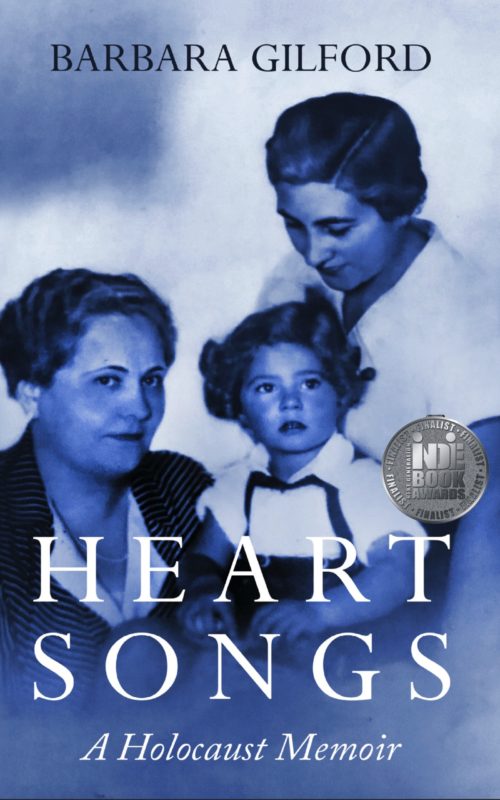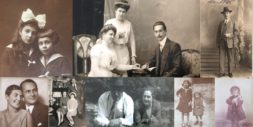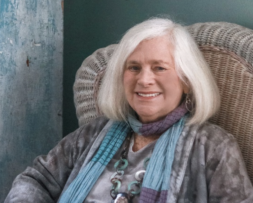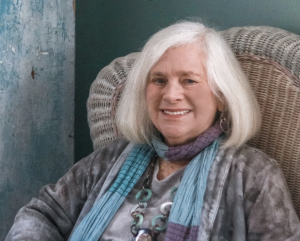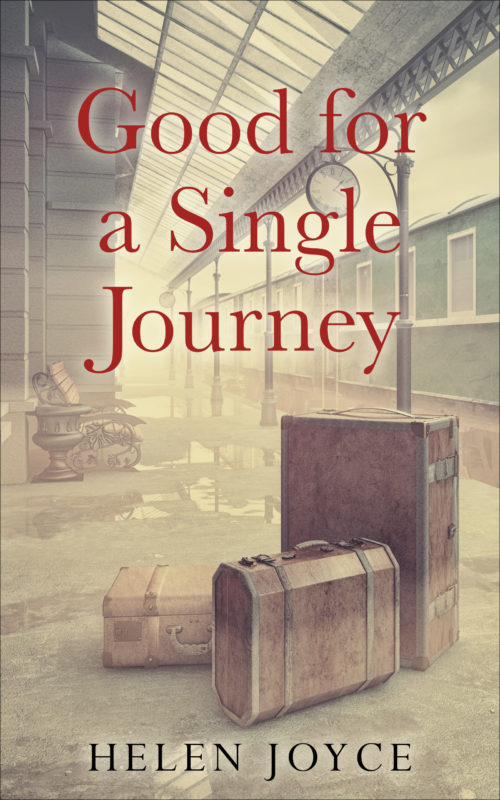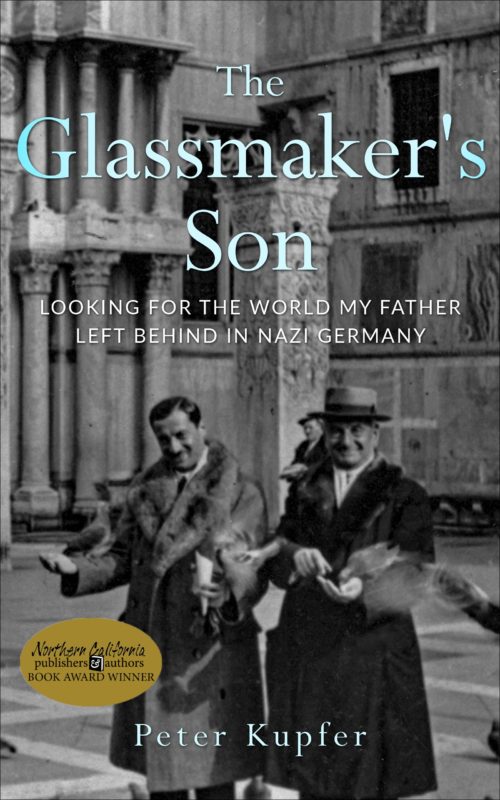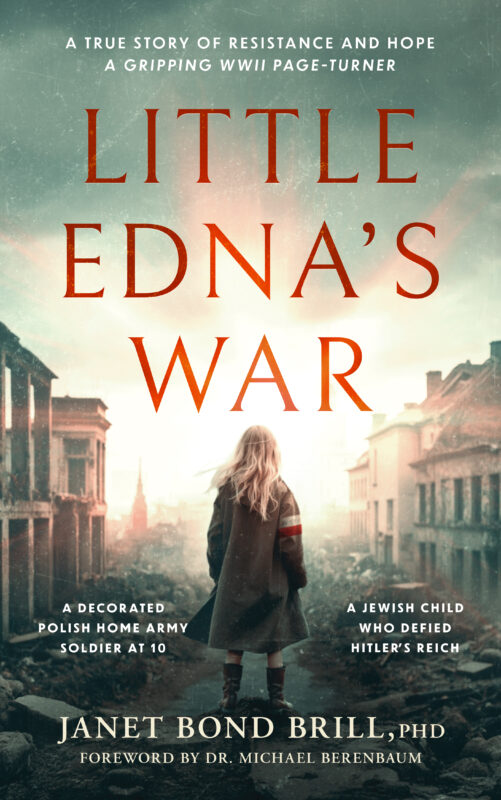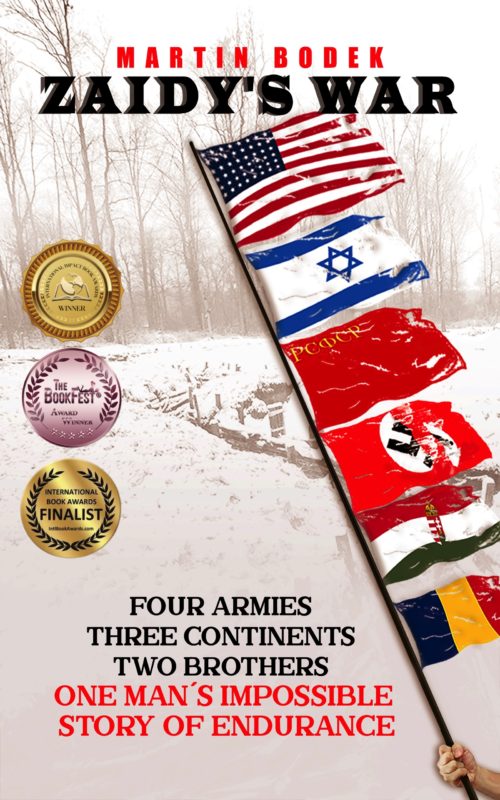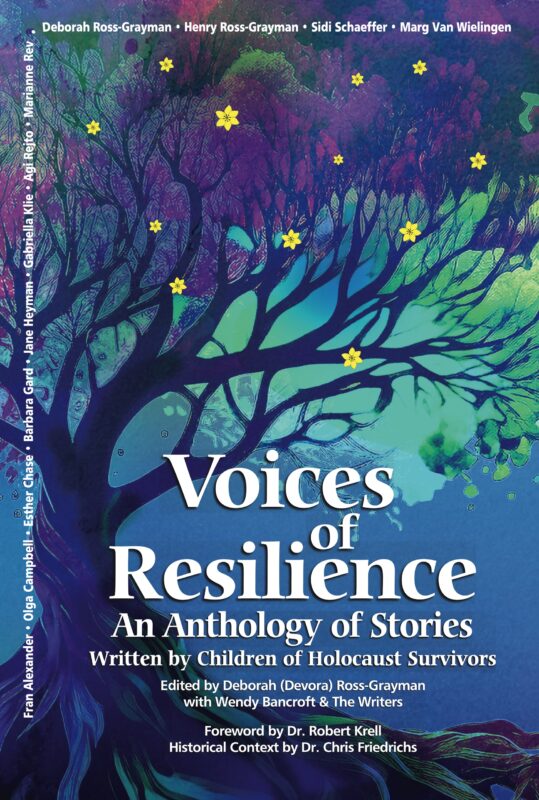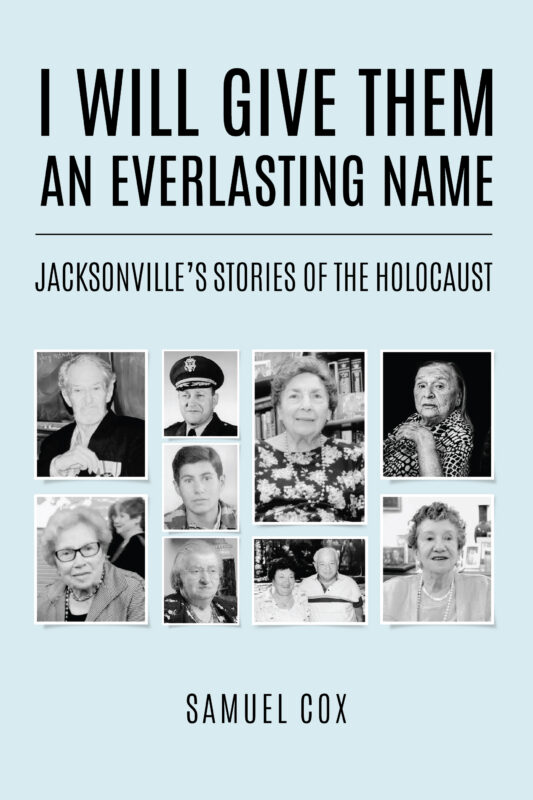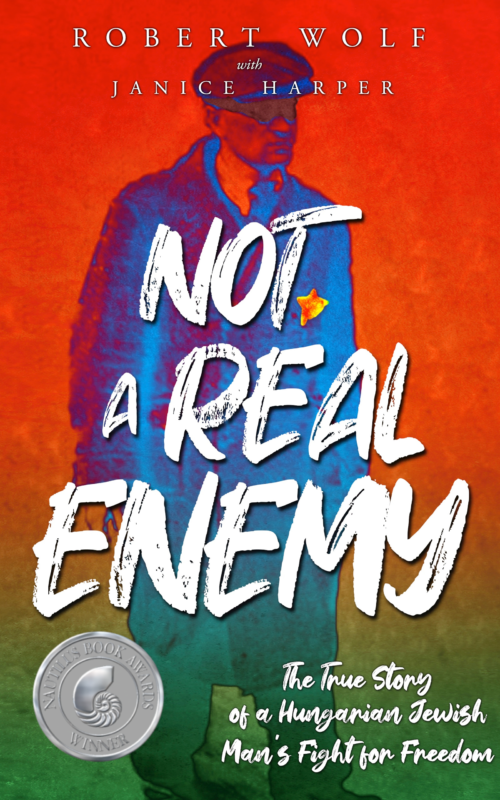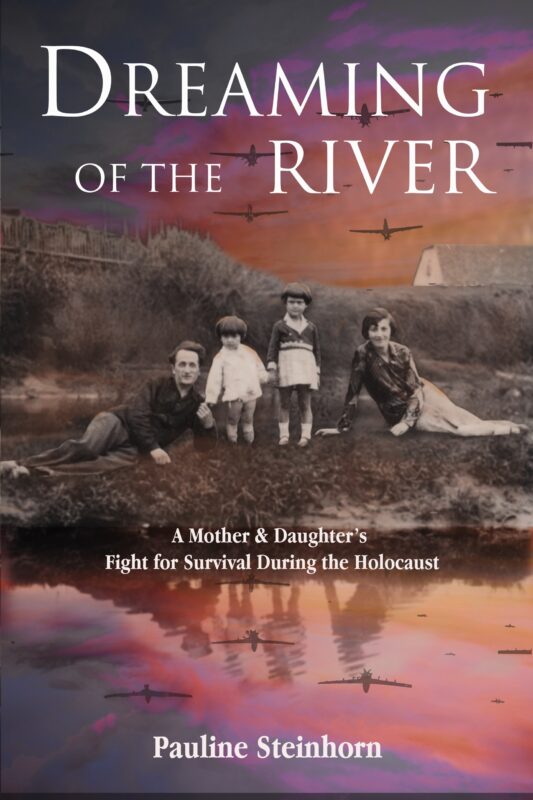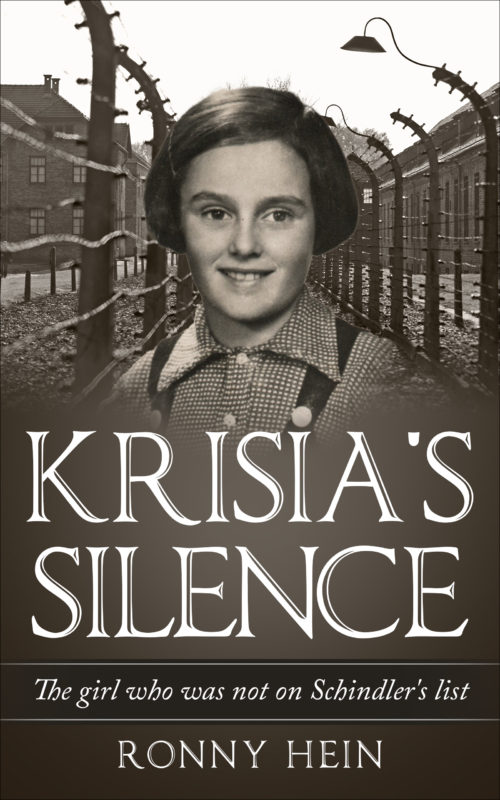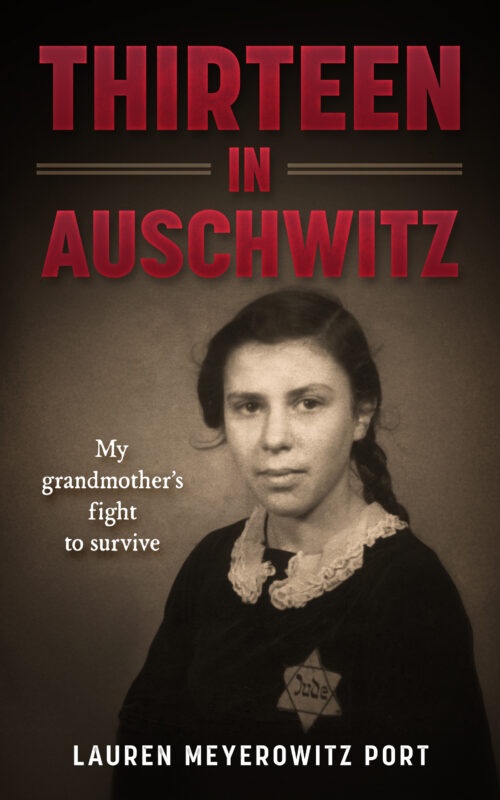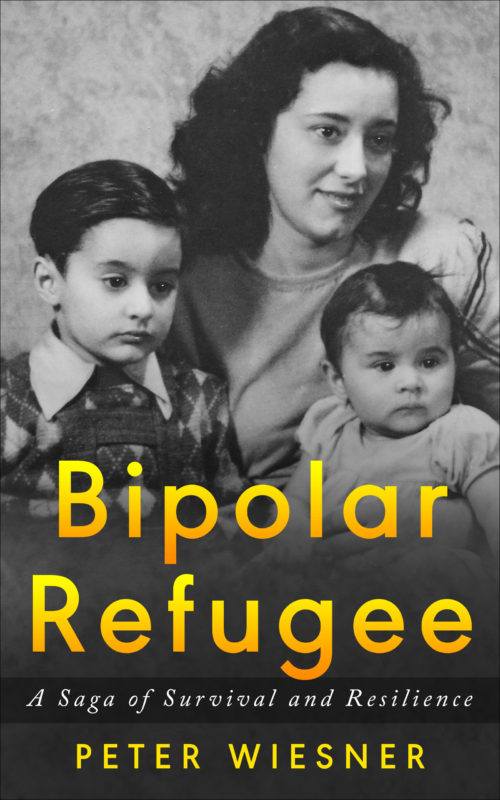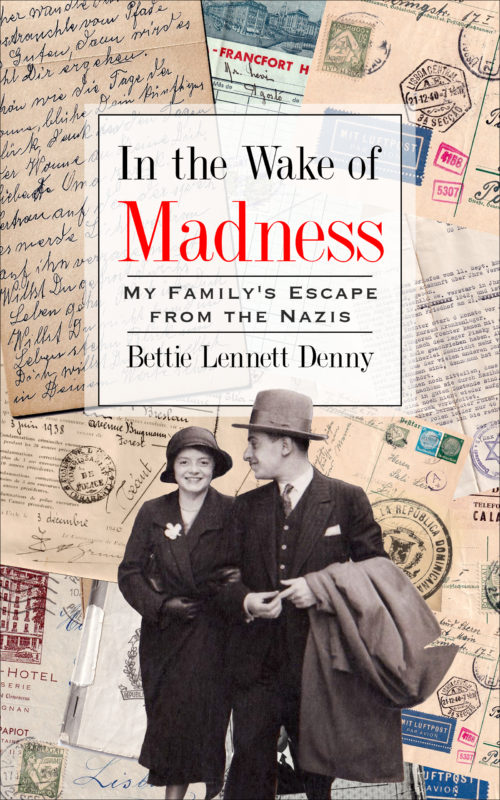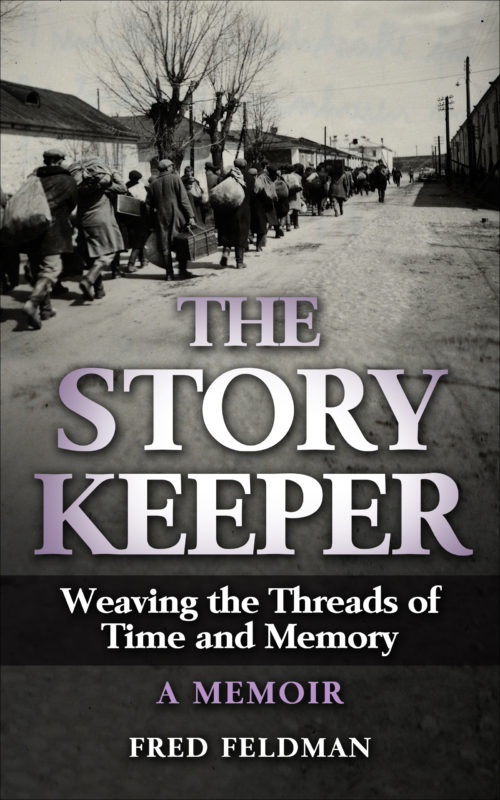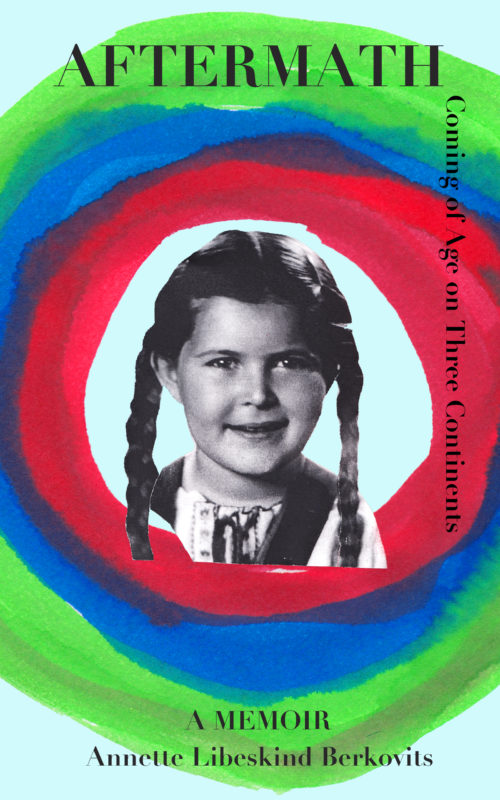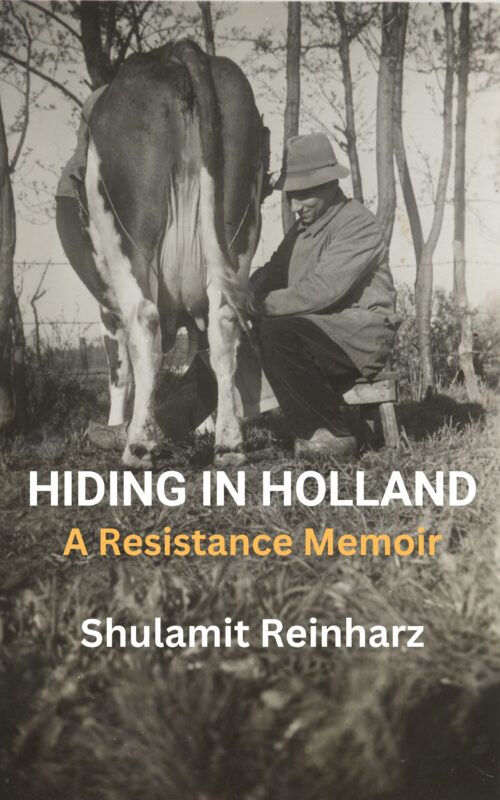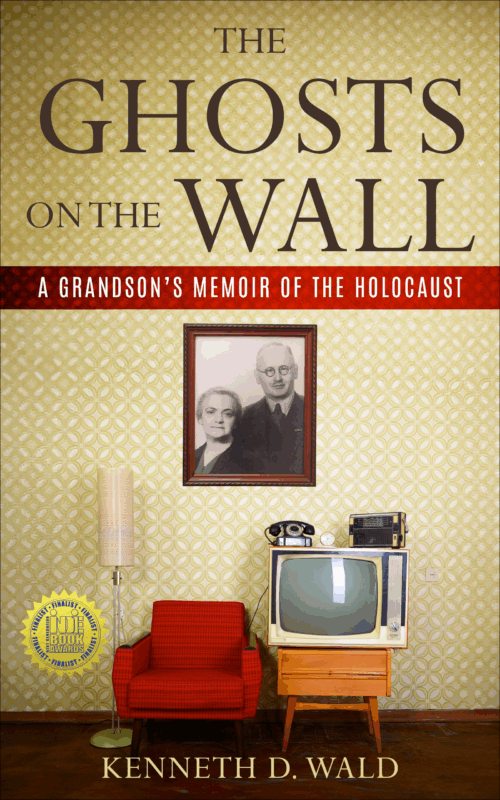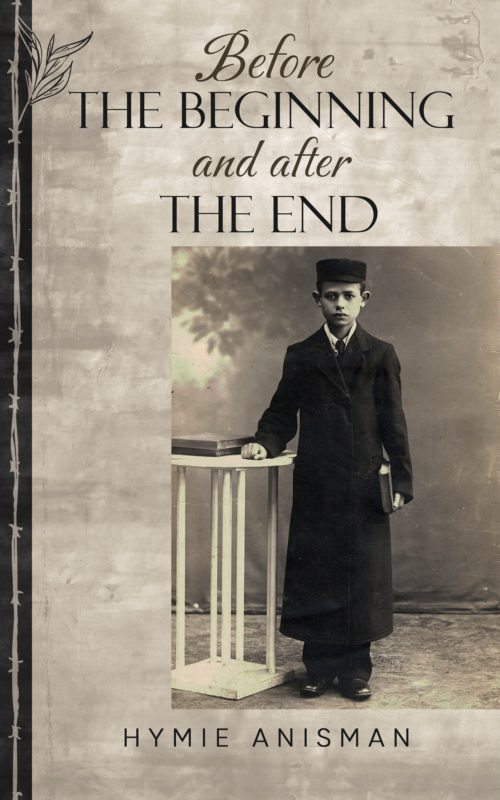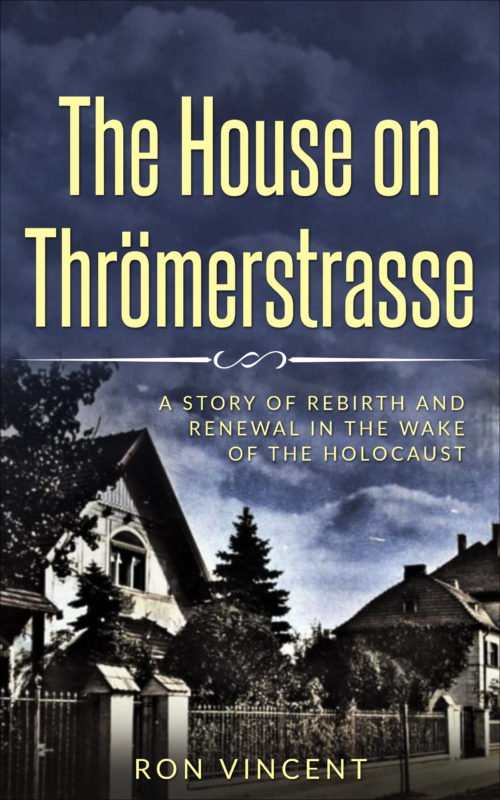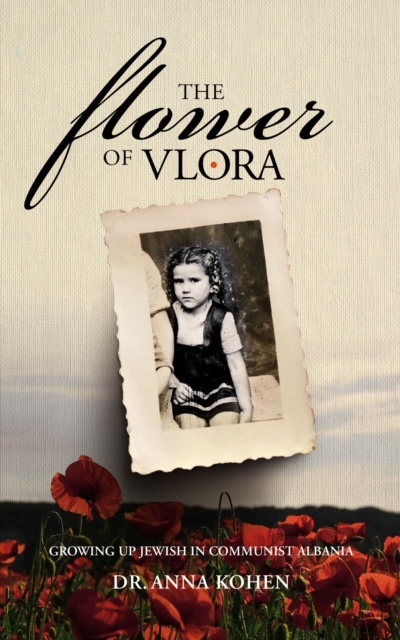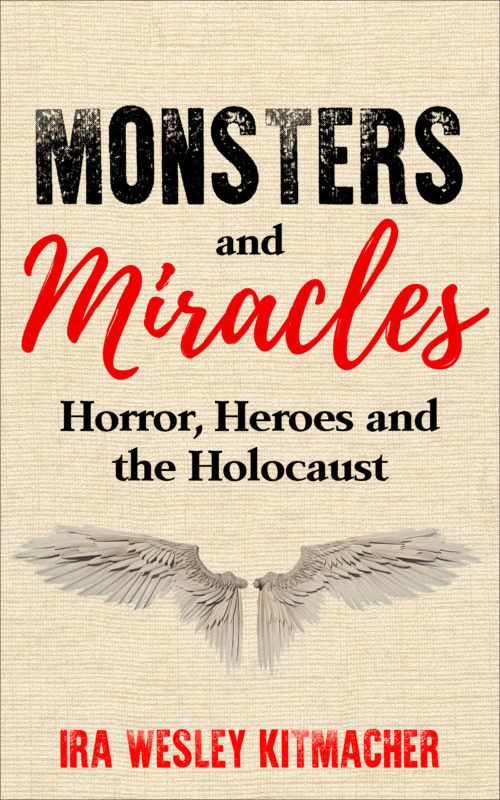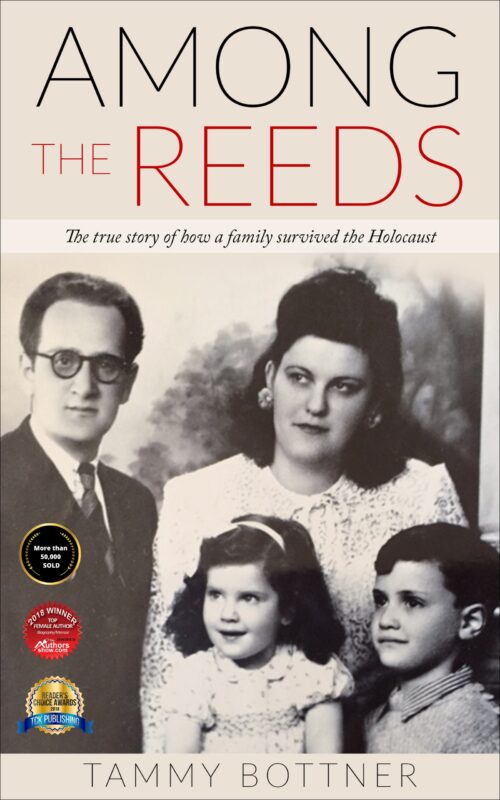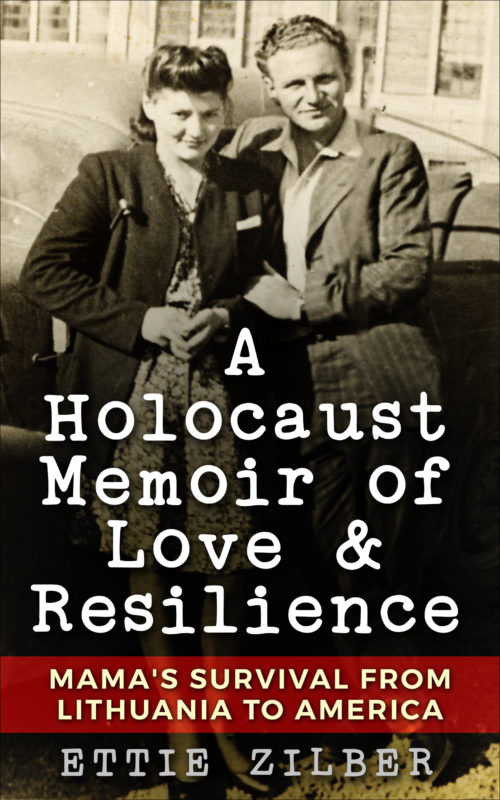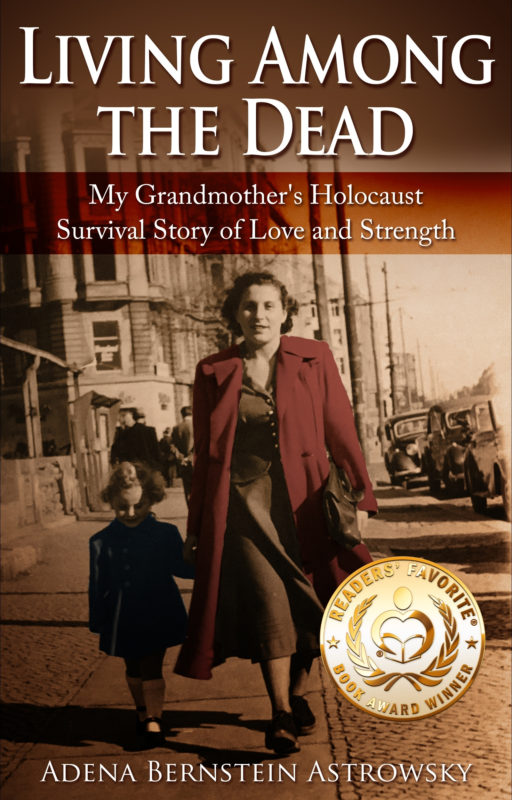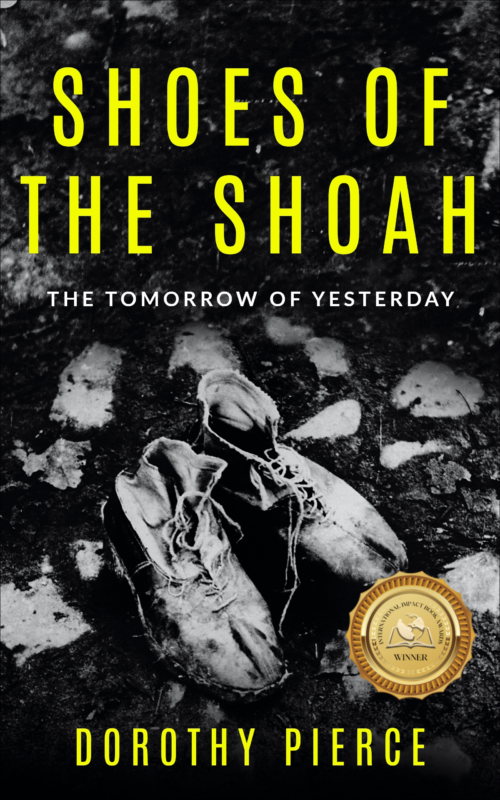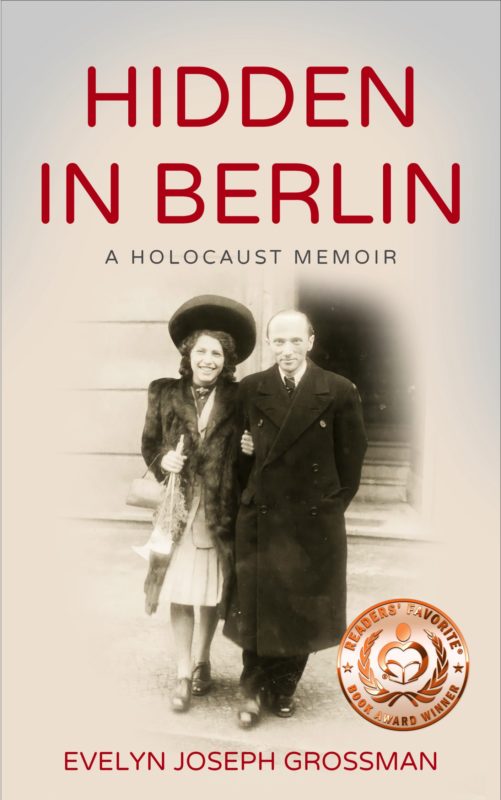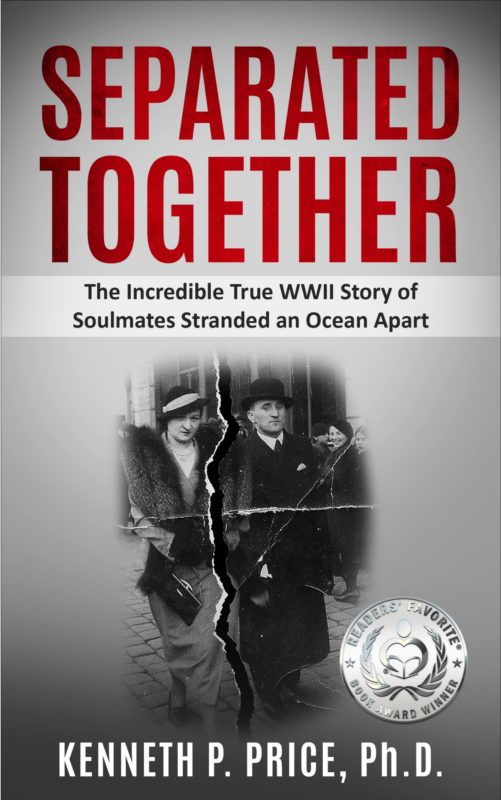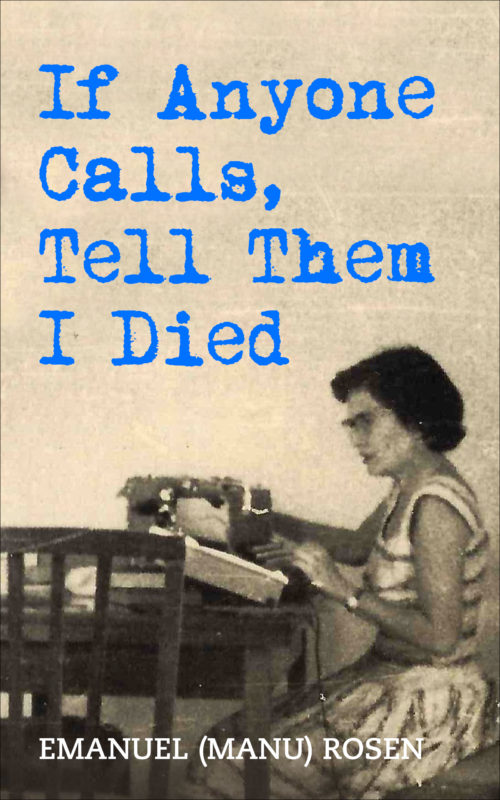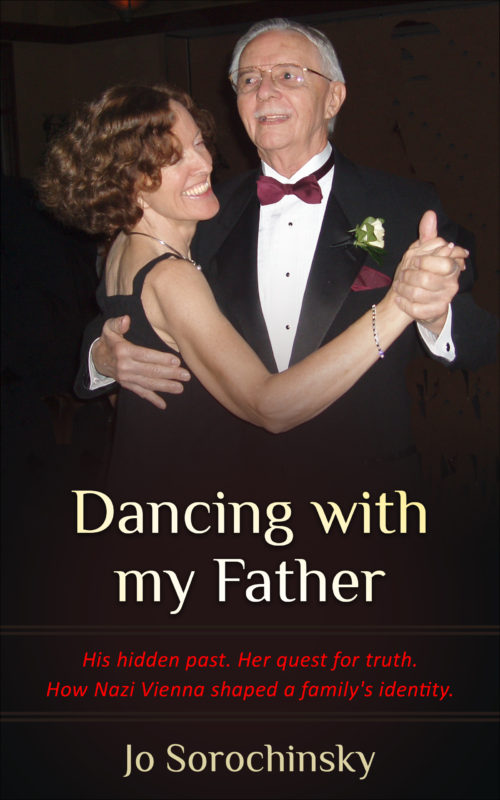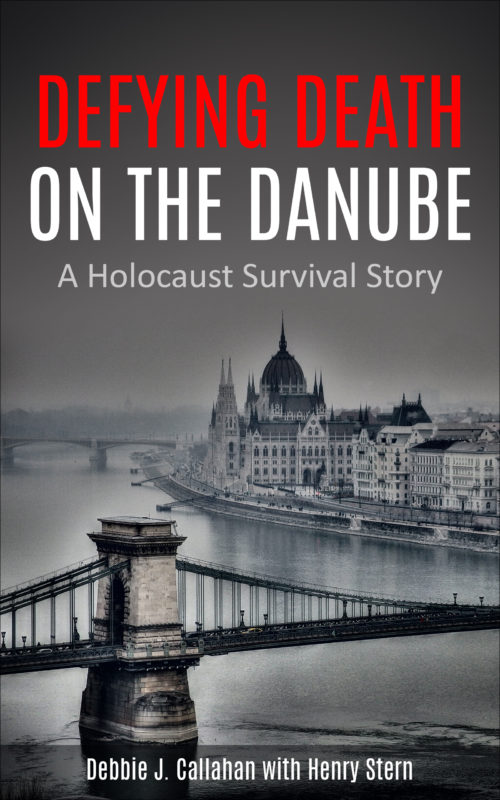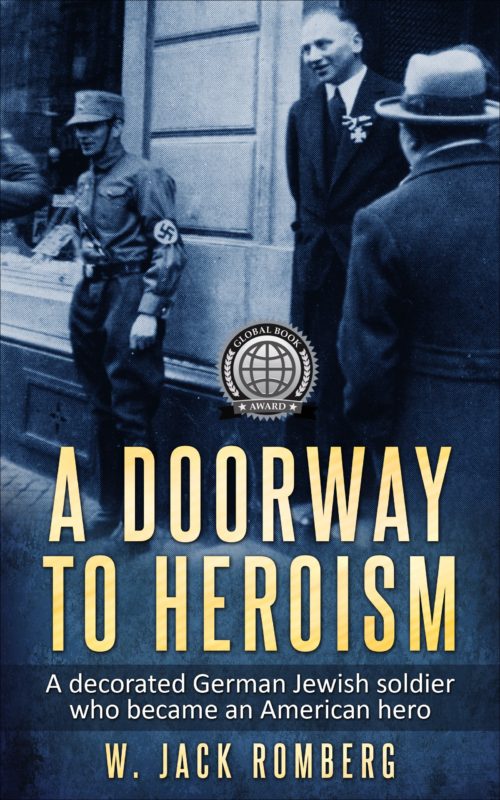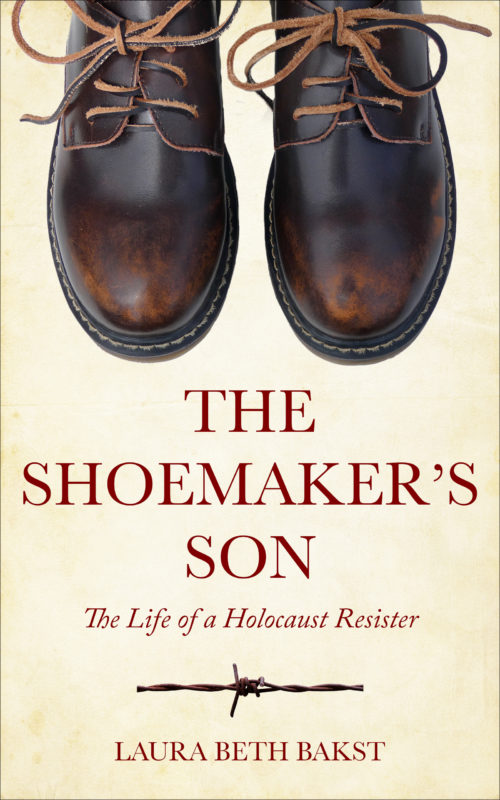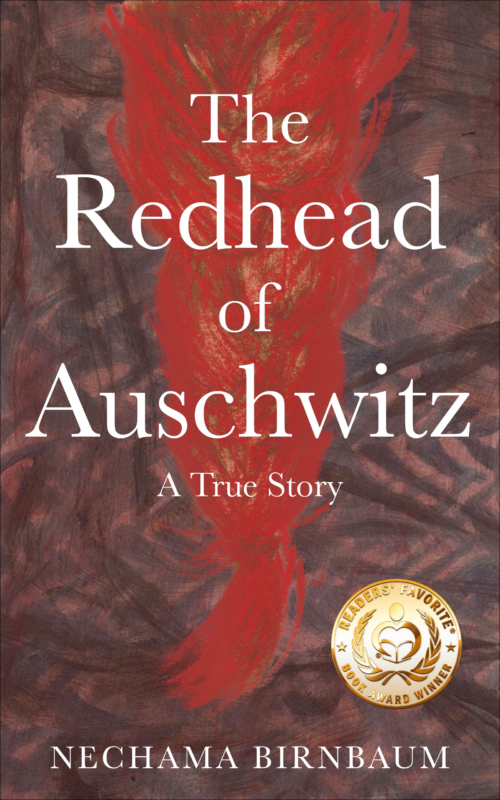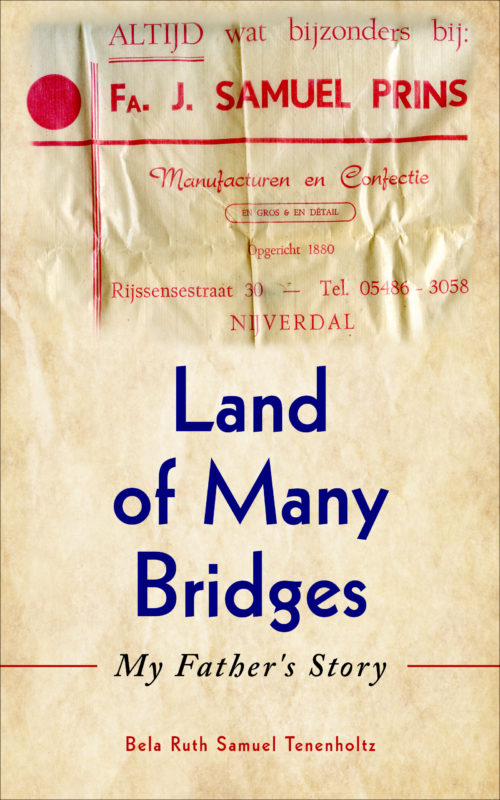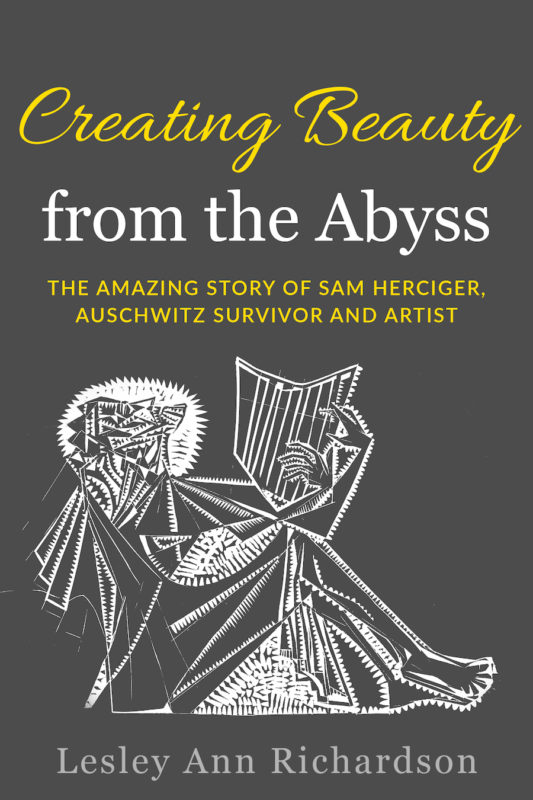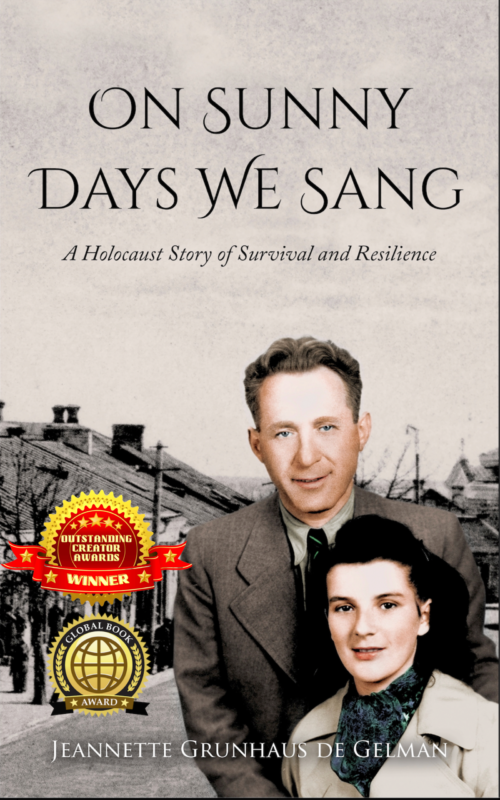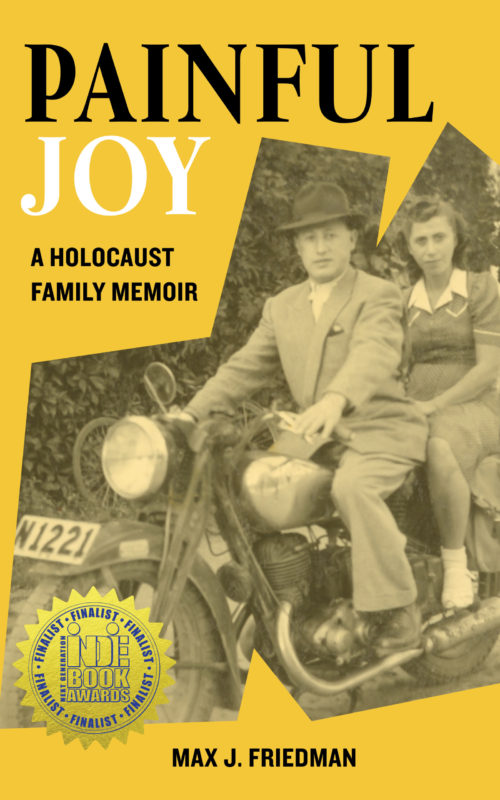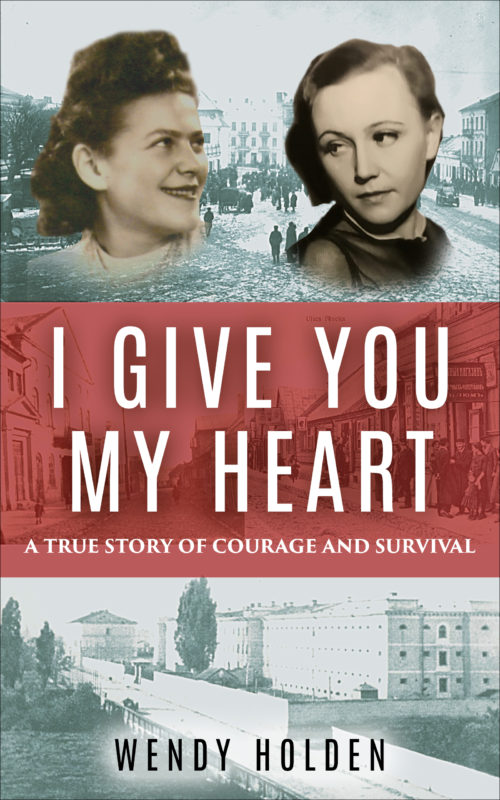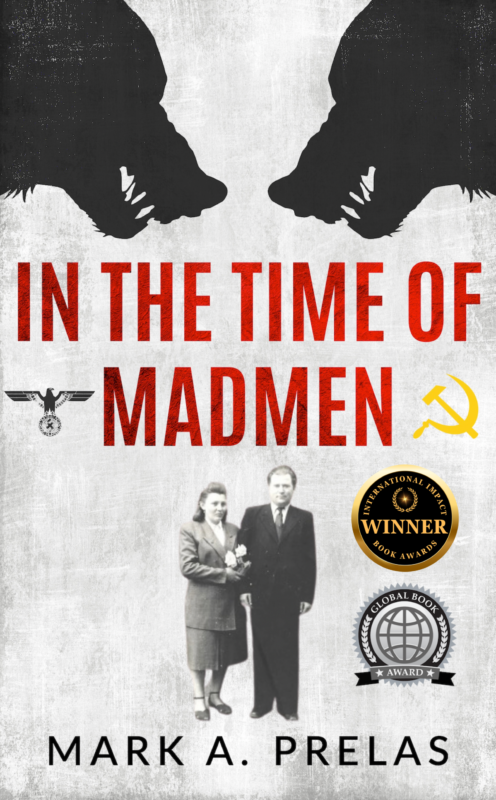Barbara Gilford grew up as the second generation influenced by the losses caused by the Holocaust in her family. Her father, John (Hans) Buchsbaum as a young man fled his native country Czechoslovakia in June 1939, after having been warned by an acquaintance about his imminent arrest by the Gestapo. His mother Clara Buchsbaum, her daughter Gretl and her family did not manage to escape to freedom. Clara lived for a period in the village San Donato Val di Comino in Italy. Gretl, her husband Hugo and their daughter Susi stayed in Ostrava, Czechoslovakia, until they were taken to Treblinka and killed there. Clara was arrested by the Gestapo in April 1944 and according to an eyewitness, she was last seen when she was about to enter the gas chamber in Auschwitz in September the same year.
Can you miss family members you have never met? It seems that this is highly possible. Barbara Gilford describes a childhood where her deceased grandmother still managed to exert a loving influence in her family. Barbara's father had kept the letters from his correspondence with his mother through the difficult years 1939-1944, and the words of these letters somehow managed to penetrate the abyss between life and death, between time and eternity. The grandmother's love for her son and her daughter-in-law whom she never met is expressed beautifully and sincerely in her writings. Barbara's father assured her that this love also encompassed her, as a member of the Buchsbaum family. Gretl, Barbara's aunt, and her cousin Susi lived on in Barbara's heart as she grew up, as playmates and loved ones she wanted to support and sustain through their ordeals. A breath from pre-war Europe frequently seems to have colored her childhood imagination and dreams, where the Buchsbaum family had their place in a part of European society appreciating education, wealth and high cultural activities like art and intellectual achievement, as well as actively pursuing the transfer of all these values to their descendants.
A heritage of mingled love and sorrow can be a heavy burden as a child. And Barbara describes how she as an only child raised in both the U.S. and in Europe struggles to grasp the unfathomable; how such true and nourishing love, with an immense power to sustain those it seeks to uphold, may co-exist with such brutal degenerating forces as killing, maiming, deprivation, the ultimate loss. How to reconcile such opposing, penetrating forces in a human life? It may possibly be done, but not easily. Barbara's father couldn't complete this daunting task, possibly due to the rawness of his wounds caused by his sudden separation from his family and, in particular, his mother. It is the mature woman freed of the more youthful cares of life, like forging a career and raising a family, who can continue this task. After finding her grandmother's letters, Barbara travels to see the sites where her grandmother and the rest of her family lived and died. This painful odyssey is thoroughly described in this book. The quiet conclusion may be that processing such a heavy inheritance may be a long-lasting process, perhaps for several generations to come.
The descendants of Holocaust sufferers seem to inherit a need, almost an obligation, to be a witness on behalf of their loved ones who couldn't escape, to tell the story those who had to carry the burden of anti-Semitism and war to the bitter end. The message that no human life should just disappear in oblivion like they never existed, seems to be the essence of this heritage. And this is what Heart Songs. A Holocaust Memoir does. Although no tombstones may be found with Clara, Gretl and Susi's names, from now on their lives, their loves, their sorrows and cares are accounted for, granting them their rightful place in the gallery of human lives.
– Diddi
